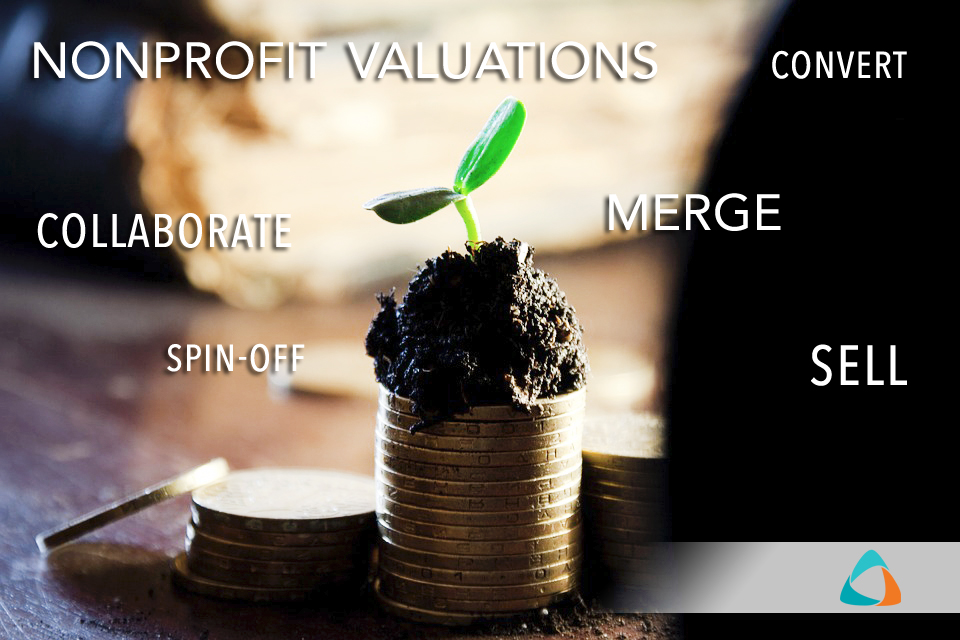Nonprofit Valuations: Transactions Requiring an Accurate Valuation of Your Nonprofit
 Did you know that nonprofit organizations, like their for-profit counterparts, can benefit from an independent business appraisal?
Did you know that nonprofit organizations, like their for-profit counterparts, can benefit from an independent business appraisal?
AAFCPAs advises nonprofit organizations to obtain a business valuation from a qualified, accredited appraiser under the following circumstances:
- Converting from nonprofit status to for-profit status – There are necessary procedures when companies no longer desire nonprofit status and wish to convert to a for profit entity. The IRS must be notified in writing that you are no longer tax exempt, and you must state the reason for the conversion. You must also include a certified copy of the liquidation plan, an appraisal of the fair market value of the entity, and a list of all the assets to be distributed to the recipients. In addition, some states require a business valuation before allowing the conversion from nonprofit to for profit status.
- Selling or spinning-off a division or profit center – In circumstances where a program or division no longer supports the charitable mission of your nonprofit, it may be advisable to sell or spin-off this division to a for-profit entity. An independent valuation will allow you to better negotiate the best possible sales price.
- Merging or collaborating with another nonprofit – There are a variety of reasons nonprofits merge or form a collaborative, including: developing greater organizational efficiency, preserving the mission, improving and expanding existing services. There could be tax consequences if the fair market value of the nonprofit is in excess of the consideration received. If the sales transaction is to an insider and is considered excessive, then there may be an excise tax due under Section 4958 of the Internal Revenue Code. Valuations need to be performed to determine the fair market value.
- Merging with a for-profit – In nonprofit/for-profit mergers, any transfer of assets must be reported to the IRS at fair market value to comply with federal tax codes.
- Sale of a partial ownership interest – Some nonprofit organizations are structured as partnerships or limited liability companies (such as affordable housing partnerships). If the general partner was originally structured as a C Corporation and becomes profitable, this may result in a tax liability. In some cases, AAFCPAs advises clients to sell general partnership interest to a related nonprofit at fair market value to eliminate future tax liabilities.
- Non-cash Donations in Excess of $5,000 – The IRS requires that noncash charitable donations in excess of $5,000 be reported on Form 8283, Noncash Charitable Contributions, and be supported by a qualified appraisal. Nonprofits will often receive gifts of privately owned company stock. AAFCPAs can be a resource for the valuation of that privately owned stock to ensure the proper reporting to the IRS by both the donor and the donee.
- Foundations – The assets of a foundation may need to be valued on an annual basis to determine the appropriate annual distribution.
Nonprofit business valuations provide critical information needed to make strategic management decisions, and comply with any necessary regulatory requirements. Valuations may also be needed to facilitate transactions, such as: mergers, acquisitions, asset transfers and spinoffs.
AAFCPAs provides best-value assurance, tax, and business advisory solutions to 350+ local, national, and global nonprofits. Our multi-disciplinary team includes business advisors with decades of nonprofit management consulting, business valuation, transaction advisory, succession planning, money management, and tax planning experience.
